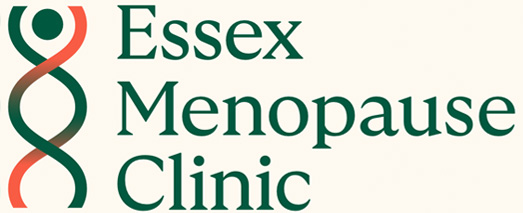What is Menopause?
What is Menopause?
Menopause is a naturally occurring event in a woman’s life when menstruation (periods) stops. Before this happens there can be up to several years of change in how frequently periods come and during this time menopausal symptoms can develop – this is called perimenopause. In perimenopause, levels of a hormone called oestrogen fluctuate, before eventually falling so low that periods stop altogether.
During our productive years, we have a monthly menstrual cycle, in which we release an egg from one of our two ovaries, and there is a cyclical release of the hormones oestrogen and progesterone. An area in the brain called the pituitary gland releases hormones, FSH (follicle stimulating hormone), which promotes the production of oestrogen and maturation of egg-containing follicles; and LH (luteinising hormone), which triggers ovulation (egg release).
We have a finite number of eggs, and when we start to run out, the remaining eggs also become more resistant to the influence of FSH. Our ovaries produce less oestrogen and our FSH levels rise as the brain tries to elevate levels of circulating oestrogen. It’s the drop in oestrogen that leads to many of the symptoms of menopause.
The term ‘menopause’ relates to our last period, and the time before it, when we may start to experience symptoms, which is known as perimenopause. Once a year has passed since your last period, you are in the postmenopausal phase of life.
In the UK, the average age to go through the menopause is 51, and eight out of ten women will experience symptoms of menopause, for around 5-8 years.
What are the symptoms of menopause and perimenopause?
Some women appear to sail through menopause without difficulty, but many women experience symptoms and for some women they can be debilitating. In perimenopause, symptoms can creep up gradually, or be misinterpreted as something else.


